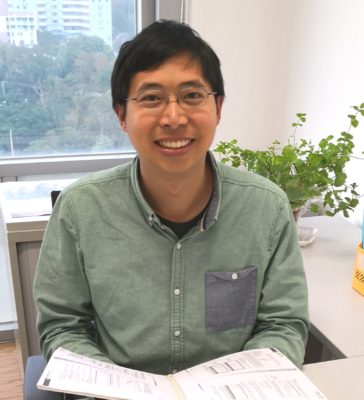
Chelsea Nelson
Current Employer/Organisation Name
ShelterBox
What have you been doing since leaving Exeter, and what are you doing now?
Before finishing my MA in Conflict, Security and Development, I was offered a role with the humanitarian organisation ShelterBox, who specialise in providing emergency shelter after disaster. I have now been with ShelterBox for 5 and a half years and have progressed from an entry level role into a senior position specialising in humanitarian supply chains.
Why did you choose this career? And what do you enjoy most about your work?
I knew when I started my MA at Exeter that I wanted to work for a humanitarian organisation. I wanted a career where no two days would be the same and that has certainly been the case! Working in the humanitarian sector can be incredibly challenging at times, but also hugely rewarding when you see the tangible impact that your work has in supporting families in extremely difficult circumstances. Knowing that you are contributing to something positive in the world is a huge motivator for me – the world needs more humanitarians! A large element of my role is also focussing on the environmental impact of humanitarian responses and how organisations can reduce their environmental impact. This has included looking at ways to reduce the volume of plastic packaging on aid items, as well as ways to reduce our carbon emissions. We work with communities who are some of the most vulnerable to the impact of climate change, so it is important that humanitarian organisations are conscious of the role they have in contributing to climate degradation, and address ways to minimise their environmental impact when responding.
What did you enjoy most about your programme and what was the biggest highlight?
The MA was very well structured and the real highlight for me was the ability to undertake a work placement as part of the course. This was a great way to gain valuable experience in the humanitarian sector before graduating, and was a real asset when applying for jobs. There was a strong focus throughout the course on linking theory and practice so that students understood how the transferable skills developed on the course could translate into real-world jobs.
What did you enjoy most about studying here?
Exeter is such a great environment for studying and the resources available to students are fantastic.
Why did you choose to study at Exeter?
Exeter offered the exact MA course that I wanted to study, which also included a work experience element which was a huge attraction for me.
What skills and experiences have been most useful for your career?
Definitely an understanding of the complexities of humanitarian response and humanitarian action and how often you are operating in a slightly grey area. On paper it is easy to make issues appear black and white but having the practical work experience modules helped to translate the theory we were learning into real life scenarios and how things are never as straightforward as they may appear!
What advice would you give to a current student who wishes to pursue your career?
Make full use of any work experience opportunities so that when applying for jobs you have some good examples you can discuss in applications and interviews. A lot of job roles in the humanitarian sector are specialised e.g. supply chain, monitoring & evaluation, water & hygiene experts, so if there are opportunities to explore and develop skills in these areas it would be a huge asset when looking for job roles in the sector.
What are your plans for the future?
Continue to work in the humanitarian sector and eventually progressing to a senior leadership role at a humanitarian organisation.

